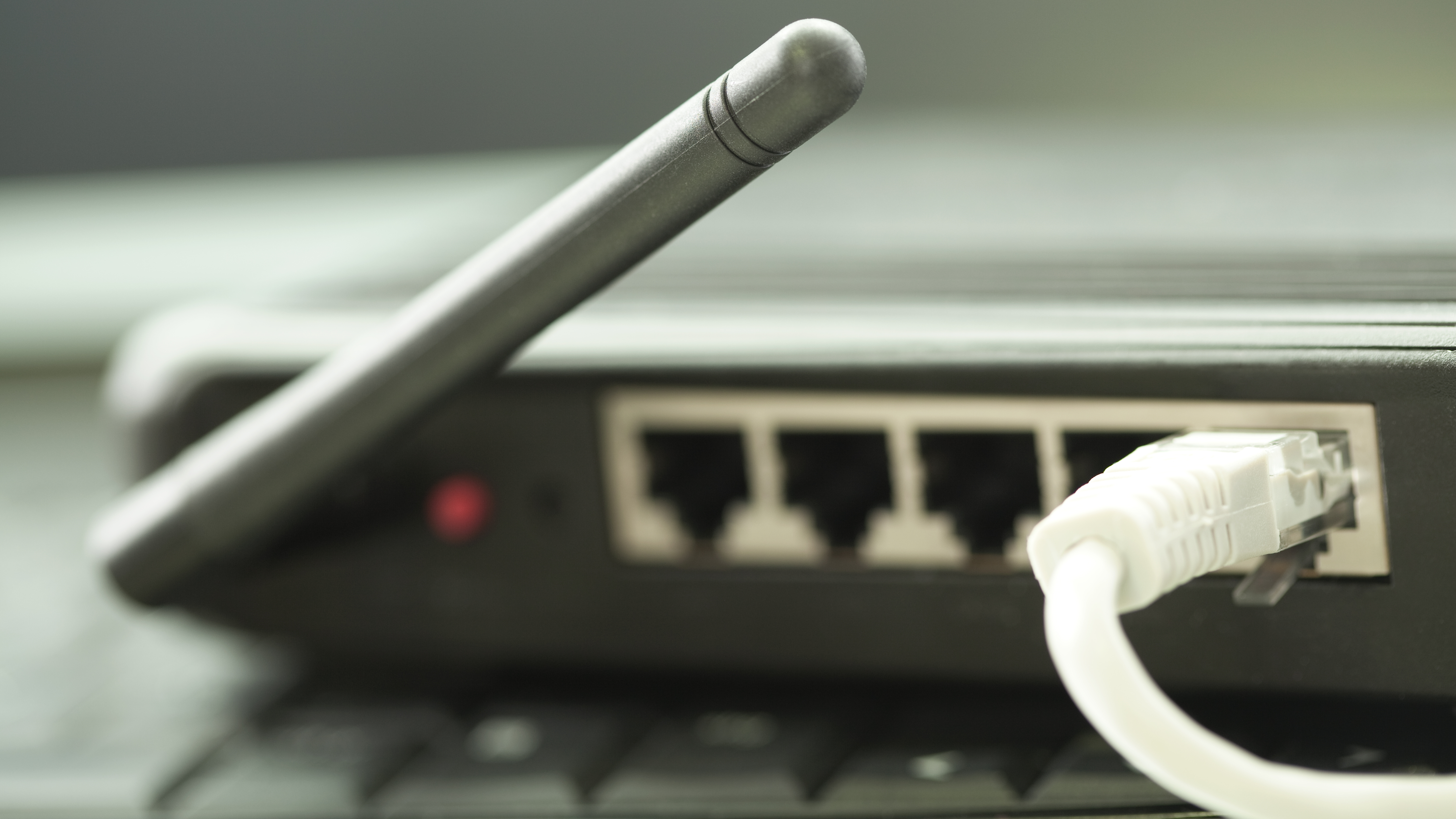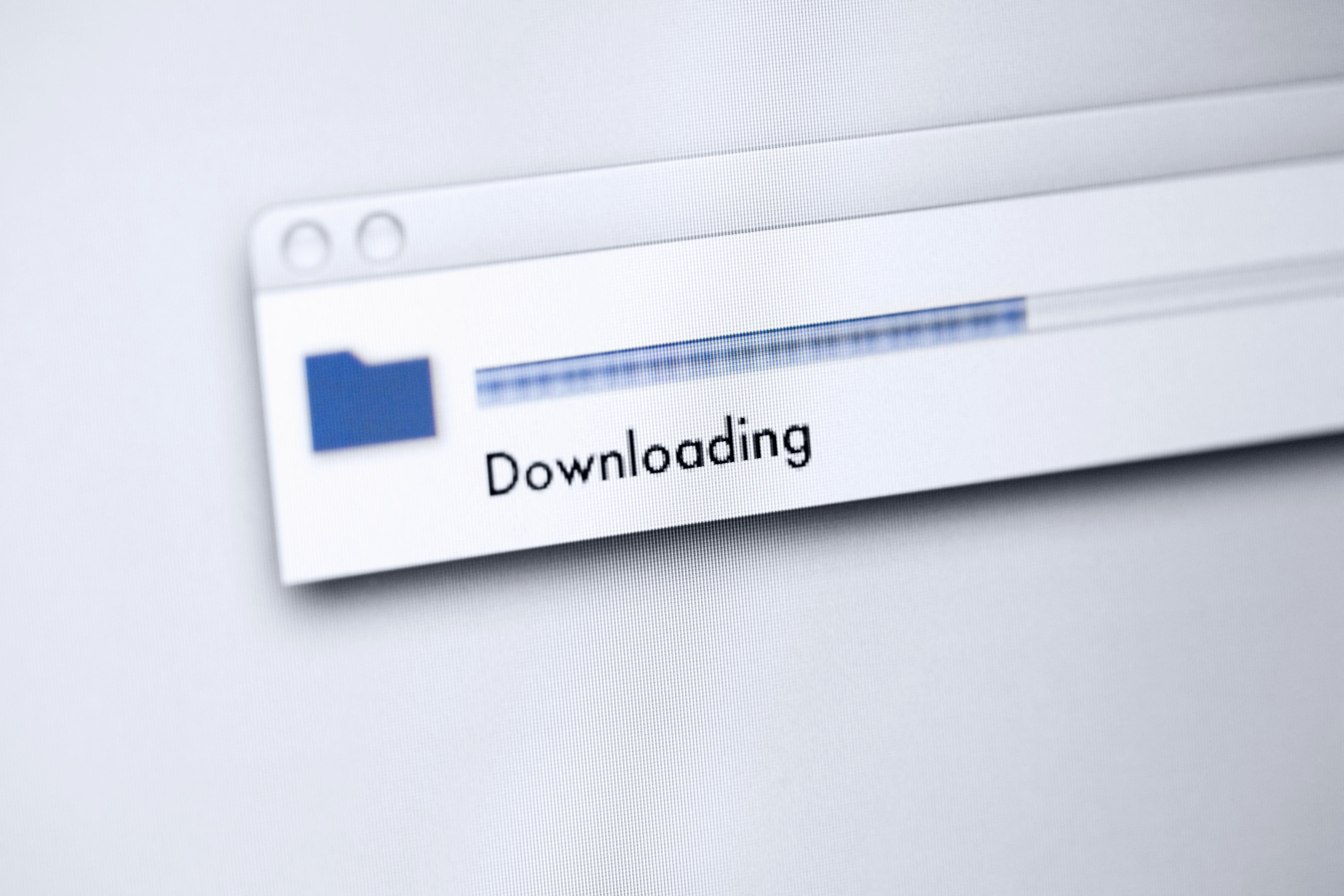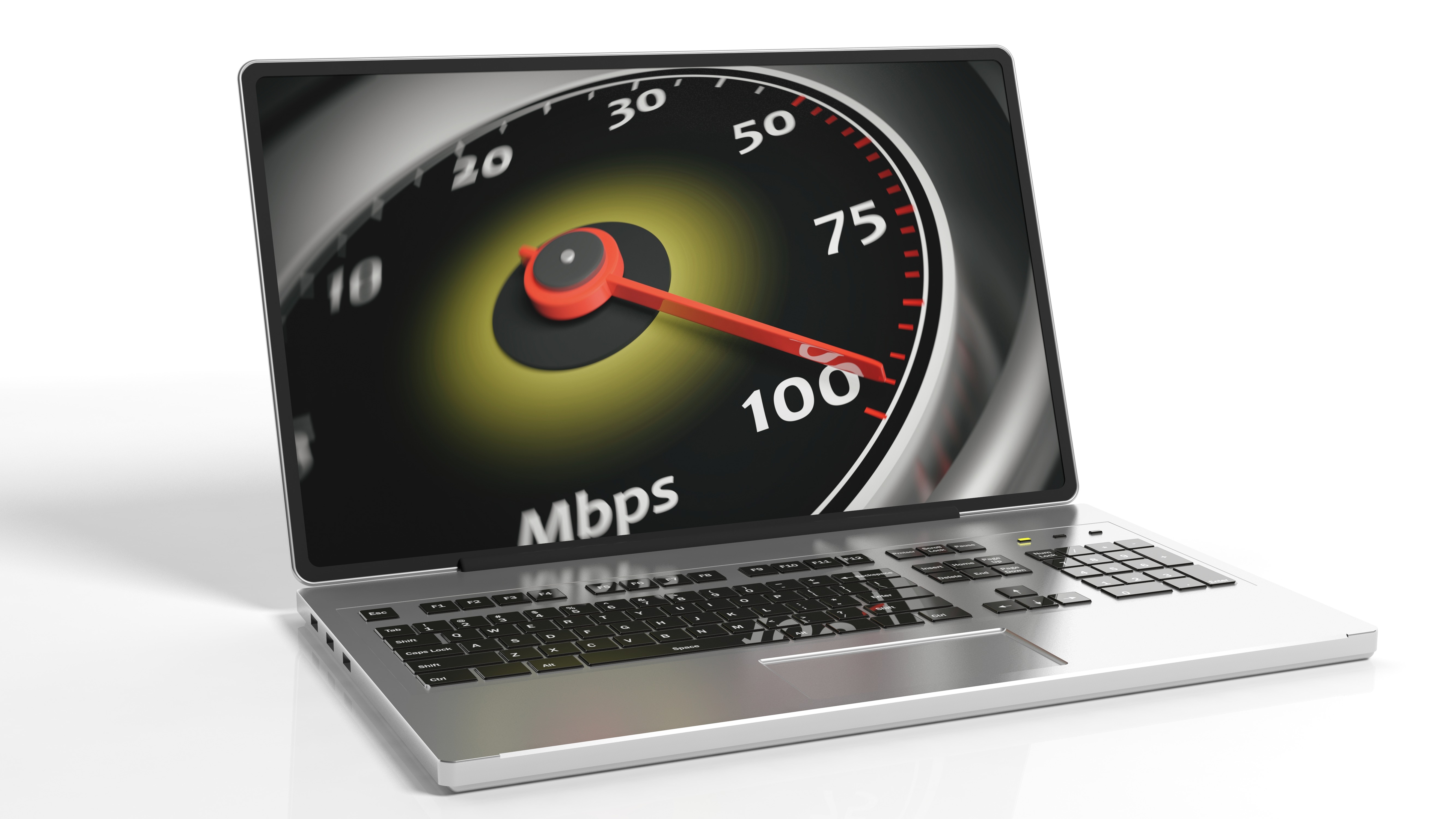How to speed up your broadband
Here's how to make sure you're getting the best speeds from your broadband package...

You might not know this, but some of best broadband deals on the market can now offer speeds in excess of 1 gigabit per second. In fact, one particular package, which was unveiled by EE last year, now provides download speeds of 1.6Gbps and more recently Virgin has started rolling out a 2,000Mbps 'Gig2' package.
Although the vast majority of households in the UK don't need an internet connection that's this quick, it's vital that every household buys a package that reflects their needs. After all, if you overpower your internet connection and use too many devices simultaneously, you'll suffer from buffering and lag. In the worst case scenario, you'll be completely unable to watch your favourite TV shows on Netflix or attend your work calls.
However, if you do pick the wrong package, it's highly likely you'll be incredibly frustrated. In fact, we often find that many people who want to stream the best HD films or game online without lag are often disappointed by their broadband speed; particularly in instances where they're receiving a speed at the lower end of their provider's advertised range.
If your broadband contract is coming to a close, then the solution is simple: check out the best broadband deals near you, switch provider and find a faster connection.
However, if you're midway through a contract or you don't particularly want to change provider, then the solution is slightly more complex. Thankfully, you may still be able to get faster speeds. Let's take a look at how.
How do I find out what speed I'm receiving?
Before doing anything it's a good idea to conduct a broadband speed test to see how fast – or slow – your current connection is.
Remember, the speed that providers advertise is an 'average' speed. This means it's the speed received by 50% of users in the UK between 8pm and 10pm, which is the peak time for internet use. This is always displayed in megabits per seconds (Mbps or MBs).
Sign up for breaking news, reviews, opinion, top tech deals, and more.
Ultimately, this means the speed you're shown isn't necessarily the speed you will receive. Thankfully, you can easily run a broadband speed test and discover exactly what speed you're receiving.
If the speed you're receiving is much lower than the speed you were advertised, then you should check your contract with your internet service provider. This will state your minimum guaranteed speed. If you're not receiving the advertised speed and your provider cannot fix the issue within 30 days, they must offer you the right to exit your contract without being penalised. You may also be entitled to compensation.
As a result, simply checking the speed you're receiving and then querying it with your chosen provider could lead to the perfect solution.

How can I speed up my broadband?
If you are receiving the speeds detailed in your contract but you don't think your connection is quick enough, you can try and take action. For example, if you have lots of devices connected, then they'll all be using up bandwidth.
So, start by disconnecting the devices you no longer use. If you only have essential devices connected, you could receive faster speeds.
Realistically though, we understand you probably still regularly use most of the devices you have connected. Plus, any speed increases you experience from disconnecting other devices will likely be minimal. However, it is a starting point.
If your speed is still slow, or you find your connection is particularly slow in certain rooms, then try purchasing a Wi-Fi booster, extender or repeater. These will extend your signal throughout your home.
If the speed you're receiving still isn't quick enough for your needs, then it may be worth considering leaving your contract early and switching provider or cancelling your deal and choosing a new one from the same provider. However, you should be aware that there will be a cost associated with this.
Before you take this action, you should call your provider and discuss your options. It also might be the case that they can investigate your issues on their side, this can include:
- Resetting your connection
- Analysing your router's performance and resetting this remotely
- Sending you out new or better router tech to resolve the issue
- Offering to move you to a different package
If you review your contract, speak to your provider and decide you're happy to pay any early exit fees because the speeds you're receiving simply aren't suitable, then it's well worth checking out our broadband deals page.

What speed do I need?
In order to stop worrying about speed, you need to make sure that your connection matches your needs. Ultimately, if you buy a package that's too slow, you'll always struggle.
To help you find the package that's right for you, we've put together this rundown of the options available and listed the types of things they're suitable for:
10-12Mbps - These are known as ADSL deals. Although options like this are the slowest available, they are usually also the cheapest. ADSL deals aren't suitable for busy and connected households where multiple family members want to stream or watch Netflix, but they are suitable for casual browsing and social media use. However, we should stress that these deals are seen as old-fashioned and many are now unavailable in areas where fibre connections can be accessed.
25-50Mbps - These speeds are offered by entry level fibre broadband deals. These are much quicker than ADSL deals and they're suited to medium-sized households where multiple family members are continually online at the same time.
50-100Mbps - These speeds are also provided by upgraded fibre broadband packages. These upgraded speeds are useful if you work from home, regularly download in HD or you have multiple family members who like to stream their favourite content simultaneously.
100Mbps - 1,000Mbps+ - Today, it's possible to receive a connection where speeds reach up to 1 gigabit per second. These gigabit internet packages are the fastest on the market and they're particularly well suited to the most connected and largest households who have particularly high download demands.

Which deal is right for me?
We don't particularly recommend taking out an ADSL deal unless it's the only option that's available to you. This is because the technology is now rather outdated and you're likely to struggle with buffering.
Today, the vast majority of households opt for a fibre broadband deal. These provide users with much faster speeds than ADSL packages for a cost that's only marginally higher.
If you'd like something even quicker, then there are lots of Full Fibre options out there for you to check out, including options from both BT Broadband and Virgin Media broadband. Meanwhile, and as we mentioned earlier, the fastest option that's widely available on the market is provided by EE. This gives you download speeds of 1.6Gbps!
And, if you're not too sure which provider you wish to partner with, take a look at the best broadband deals in your area below:
Today's best broadband deals
Luke is a freelance writer and editor with over two decades of experience covering tech, science and health. Among many others he writes across Future titles covering health tech, software and apps, VPNs, TV, audio, smart home, antivirus, broadband, smartphones, cars and plenty more. He also likes to climb mountains, swim outside and contort his body into silly positions while breathing as calmly as possible.
